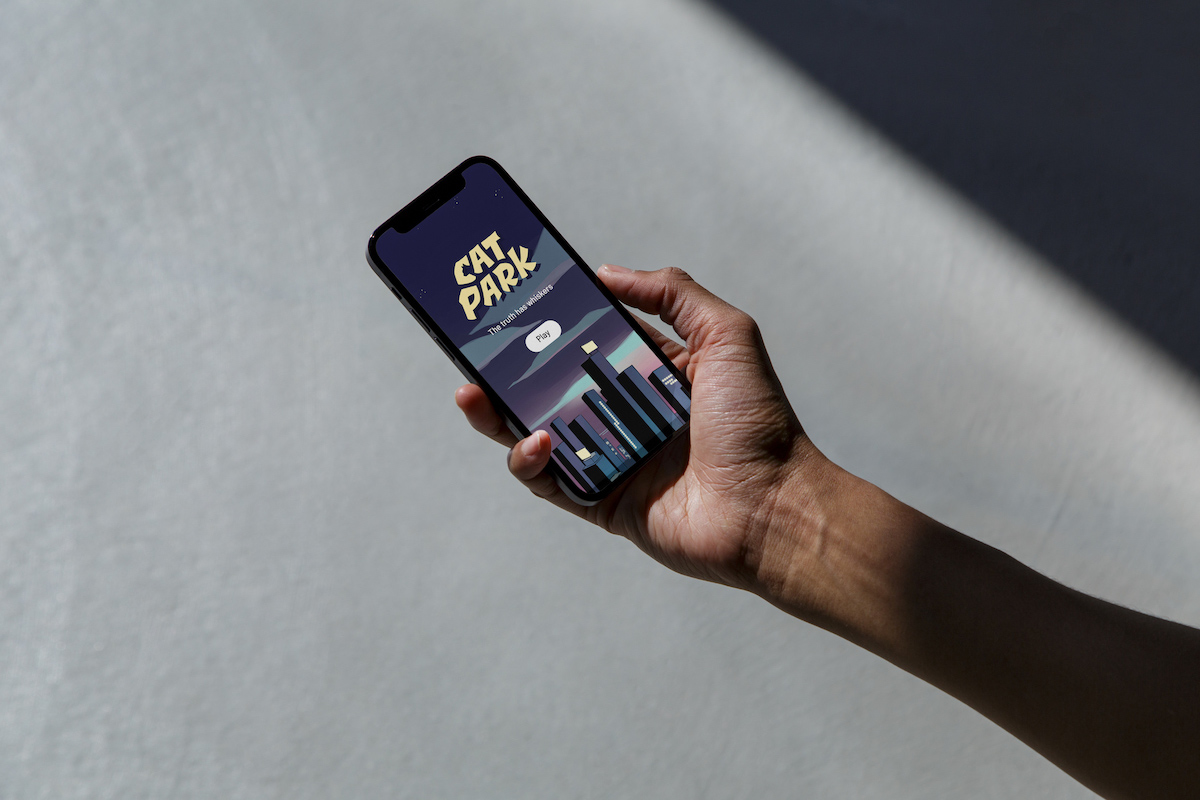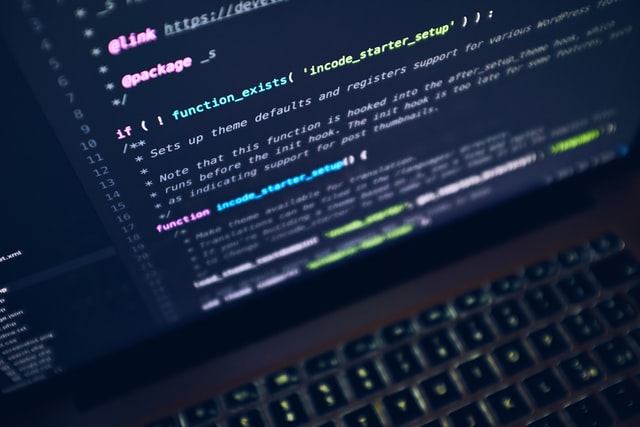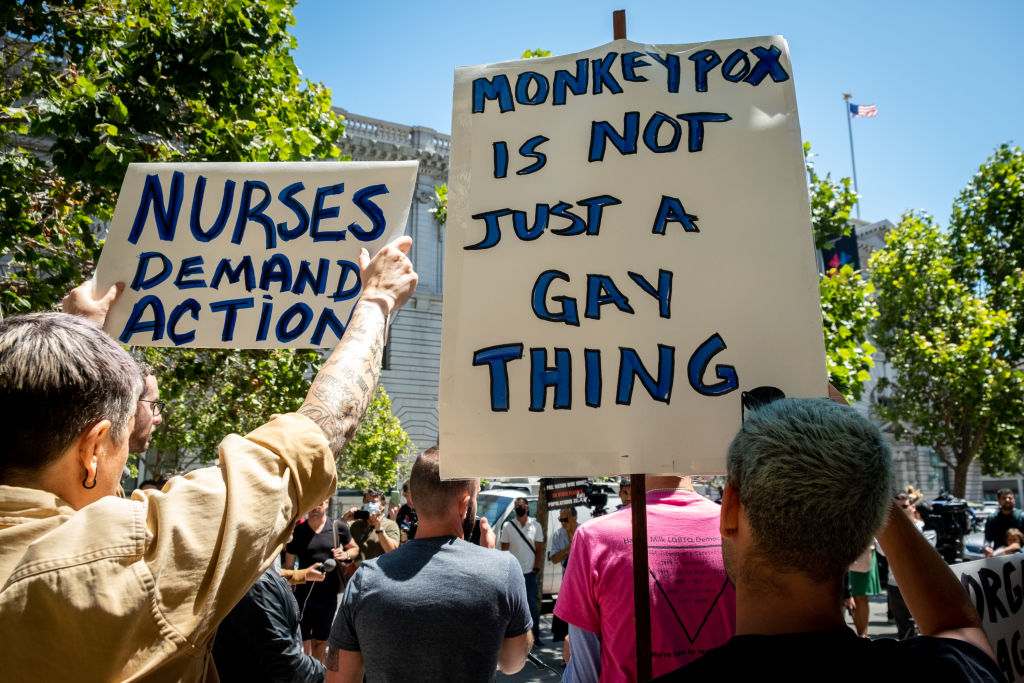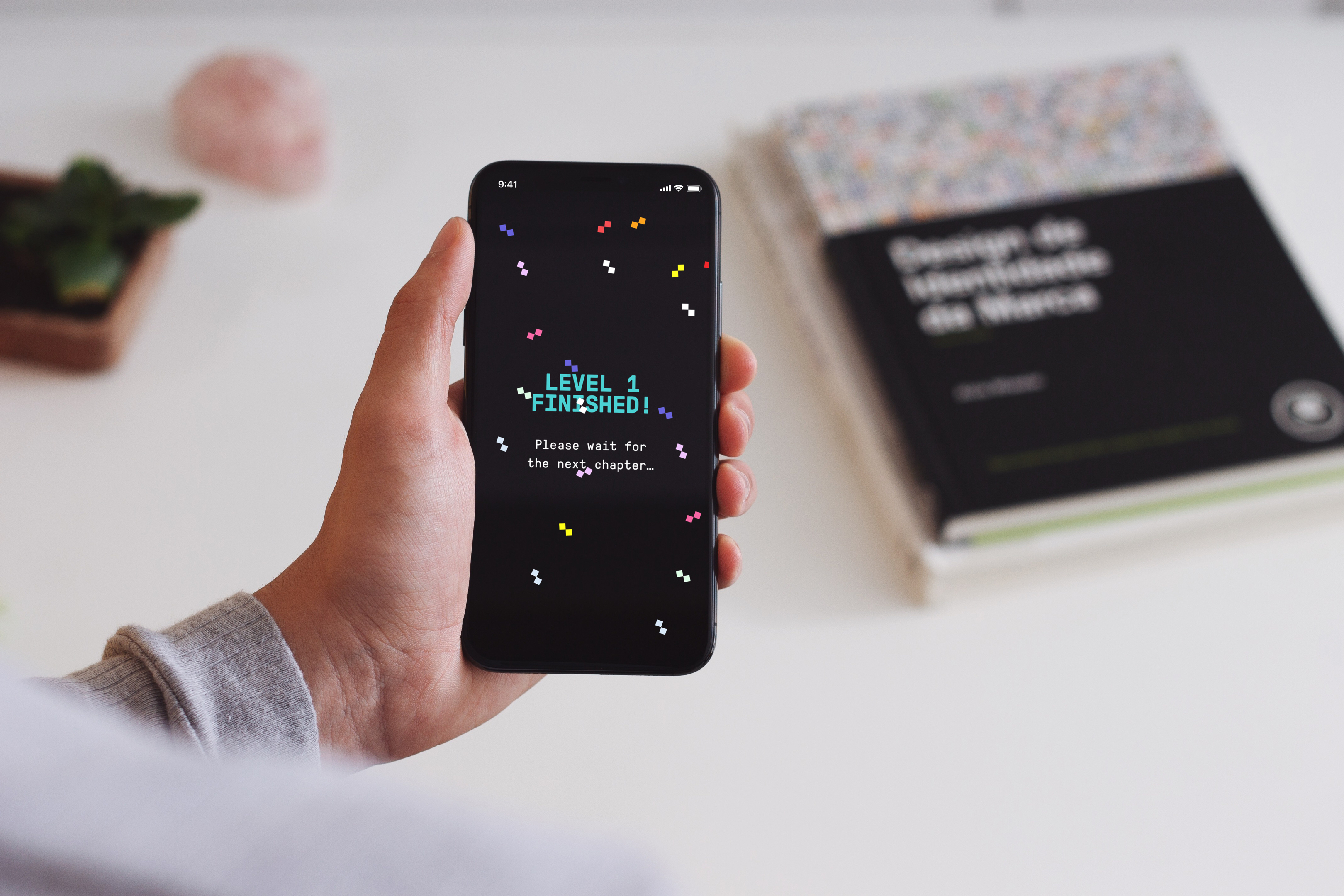TikTok: The New Frontier in Disinformation
TikTok, a social media platform owned by Beijing-based ByteDance started out as a place where users could upload 15 second videos. At first most of these videos were innocent dance and lip-sync videos but the content of the videos has quickly shifted, as has its use. Where the app at first provided entertainment, it has now come to the forefront of political discussions and has falsely informed its users, sometimes with detrimental consequences. Though this sounds familiar to other social media platforms, TikTok differs from Facebook, Twitter and Instagram. For instance, on TikTok, users do not need to have a large existing following to go viral. Additionally, the video-based content makes it much harder to verify and monitor, thus changing the landscape of disinformation once again.

Tiktok has “failed its first real test”
There are clear examples in which TikTok has been used as a disinformation tool in conflict settings, for instance it has been widely used throughout the Ukraine/Russia conflict. But it has also played a large role in other political settings. More recently The Mozilla Foundation looked into the role of TikTok in the 2022 elections in Kenya and has shown its impact to be quite significant: feeding into ethnic tensions that have existed for years and discouraging people to cast their vote in general. In fact, according to researcher at the Mozilla Foundation, Odanga Madung, TikTok has “failed its first real test in Africa” during the Kenyan elections. The impact of TikTok does not stop there, especially with US midterm elections on the horizon.
The impact of TikTok on the upcoming midterms in the US
Meta, Twitter and TikTok are not taking new steps during the upcoming midterms in the US to prevent the spread of mis- and disinformation compared to the 2020 elections and instead have similar policies in place. However, predictions say that video content will have a larger role in the spread of disinformation which the platforms are underprepared for. The New York Times even called TikTok the “primary incubator of baseless and misleading information”. In cases like this it continues to be of the utmost importance to safeguard democratic values and electoral integrity on a large scale.
Failed attempts of tackling disinformation
Many attempts to tackle disinformation focus on fact-checking or other measures that are quite literally after the fact. Former employees at TikTok stated that they could not keep up with the amount of disinformation and hate speech that was shared on the app. Shockingly, these employees were often asked to judge the content of videos in a language they were not familiar with. On top of this they were expected to reach certain targets of videos moderated per each working day, putting time and pressure on their work and allowing for misinformation to slip through the cracks.
What you can do today
In general, moderation measures such as those employed by TikTok lack impact and are several steps behind the speed (and variety of ways) at which malicious content is created. We will never manage to completely clean up the internet, but we can attempt to change people’s perception of what they view online. At Tilt we encourage the use of pre-emptive measures with our science-based approach to improving media literacy of individuals. It is not too late to have an impact and change upcoming generations. Will you join us?








